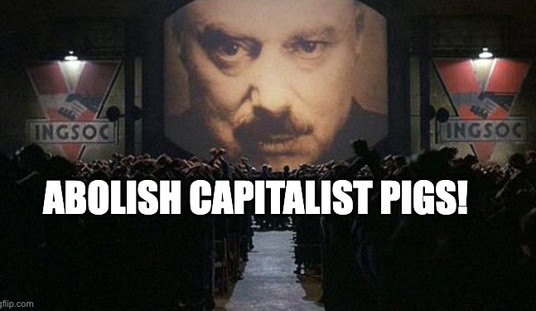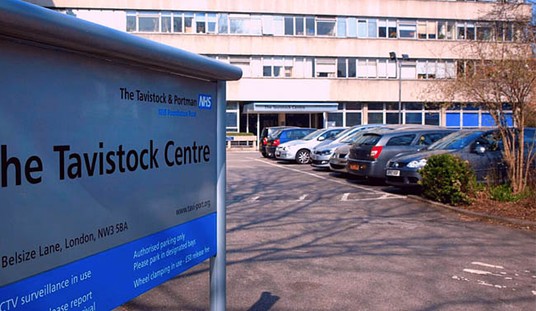Certain monopoly services get classified as “public utilities” and regulated as such on the federal, state, or local level as a consequence of the concession granted by government to supply the monopolized service or product. Electricity, water, natural gas, and until recently local telephone and cable services were usually classified as public utilities and regulated by government. Now, however, the Federal Communications Commission wants to classify the decentralized Internet as a public utility, as FCC chair Julius Genachowski tries to get around a Supreme Court ruling blocking his Net Neutrality ambitions:
The Federal Communications Commission voted Thursday to take another step toward reclassifying the way it regulates Internet service providers, releasing a plan for public comment that would give the federal agency vast new powers over companies that distribute Web access.
“The FCC has an obligation to move forward with an open, constructive public comment process to ask hard questions, build a record, find a solution and resolve the uncertainty that has been created,” said FCC Chairman Julius Genachowski.
The 3-2 vote comes on the heels of a unanimous April ruling from the U.S. Court of Appeals for the District of Columbia that said the FCC had overstepped its authority when the federal agency sanctioned Comcast for slowing some Internet traffic within its networks. The FCC has since made efforts to find new ways to regulate the industry that fall within the confines of the law.
The FCC currently classifies Internet service providers — namely AT&T, Comcast and Verizon — as information services, leaving them largely exempt from regulation. The vote today is the first step toward re-classifying the companies to a new and more restrictive category within the FCC code.
Americans for Prosperity have begun sounding the alarm with a new effort at NoInternetTakeover.com, with this press release and a video warning Internet users of the danger of a government takeover:
“Today marks a troubling and dangerous step forward in the Federal Communications Commission’s ongoing effort to take over the internet. The FCC’s Notice of Inquiry is an aggressive step in their reckless effort to force decades-old Title II public utility regulations on Internet providers.
“Such a radical change undoes a remarkable decade of success with a free-market, hands-off Internet. No wonder we have seen mounting bipartisan opposition to reclassification from consumers worried about the impact Title II would have on innovation and competition, small businesses worried about a sudden drop in investment, and free-market allies worried about the increased role of the federal government in internet policy.
“Despite the outcry from nearly 300 Democrats and Republicans, President Obama’s FCC is determined to regulate. We therefore urge Congress to step in immediately to stop the Commission’s dangerous efforts to get regulatory control of the Internet.”
Over 300 members of Congress may object, but Genachowski is only following the example of Democratic leadership there. They had attempted an end run around the Citizens United case by pushing the DISCLOSE Act, which got pulled late last night. Why shouldn’t Genachowski take a page from Nancy Pelosi’s playbook and try the same thing? The other two Democratic appointees to the FCC’s board fell in line quickly.
Bottom line: the ploy to make the Internet a “public utility” is ludicrous, for the same reason that Net Neutrality is unnecessary. Internet services compete for business in a marketplace. Most homes have at least two potential hardline connections to the Internet: the local telephone company and their cable provider. Wireless services are also available through a number of providers. Some cost more than others, which is the same as saying that a BMW will cost consumers more than a Hyundai. No one is entitled to either, and no entitlement exists for Internet service. It’s not a monopoly in the same way that commercial radio is handled within the FCC’s regulatory authority, and it doesn’t need to be regulated like local telephone or electricity monopolies.
What can be done? First, stay involved, either through AFP’s efforts or by keeping in close contact with your own Senators and Representative. Second, get involved in the comment process at the FCC. Third, keep writing and talking about this, because silence in this case will mean government control and more silence in the future.








Join the conversation as a VIP Member